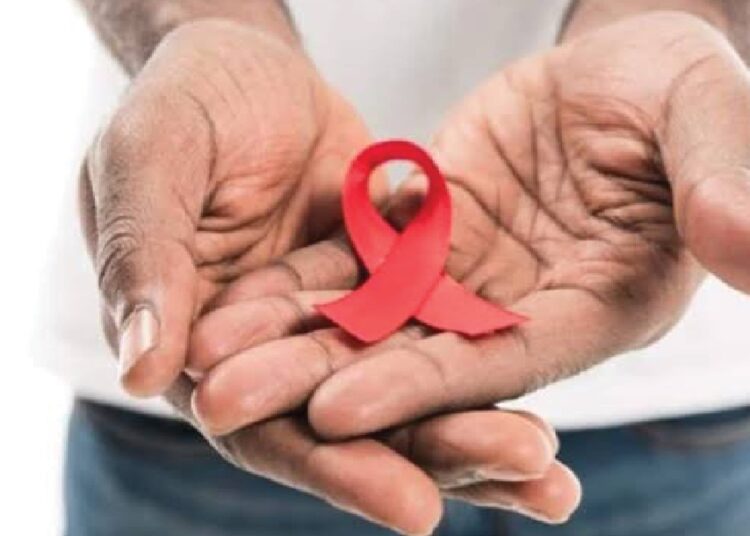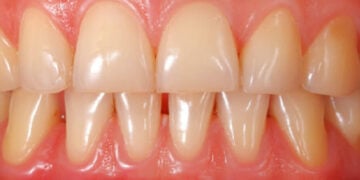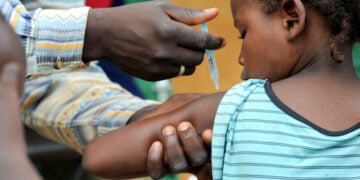If you have seen a women’s group with a teal and white ribbon in January, it is not a cult symbol but a symbol and awareness for cervical cancer. As January marks a month for cervical cancer awareness, let us delve into this topic and uncover it “Cervical cancer is a type of cancer that occurs when cells in the cervix grow abnormally. It’s usually caused by the human papillomavirus (HPV), passed through sexual contact” MayoClinic. “Globally, cervical cancer is the fourth most common cancer in women, with around Six hundred and sixty new cases in 2022. In the same year, about Ninety-four per cent of the Three hundred and fifty deaths caused by cervical cancer occurred in low- and middle-income countries. The highest rates of cervical cancer incidence and mortality are in sub-Saharan Africa (SSA), Central America and South-East Asia. Regional differences in the cervical cancer burden are related to inequalities in access to vaccination, screening and treatment services, risk factors including HIV prevalence, and social and economic determinants such as sex, gender biases and poverty” WHO.
Symptoms Of Cervical Cancer Include:
“Unusual vaginal bleeding, such as bleeding between periods, after sex, or after menopause. Vaginal discharge that looks or smells different. Pain in the pelvis. Pain during urination. Painful or difficult bowel movements. Blood in the urine. Dull backache. Swelling in the legs. Feeling tired” Healthline.
Did You Know?
“Cervical cancer is the second most common cancer in Nigerian women” NSCCP
“Being vaccinated at age Nine to Fourteen years is a highly effective way to prevent HPV infection, cervical cancer and other HPV-related cancers”.
Screening from the age of Thirty (“Twenty-five years in women living with HIV) can detect cervical disease, which when treated, also prevents cervical cancer.
At any age with symptoms or concerns, early detection followed by prompt quality treatment can cure cervical cancer” WHO.
Women should be screened for cervical cancer every Five to Ten years starting at age Thirty. Women living with HIV should be screened every three years starting at age Twenty. The global strategy encourages a minimum of two-lifetime screens with a high-performance HPV test by age Thirty-Five and again by age Forty-five years. Precancers rarely cause symptoms, which is why regular cervical cancer screening is important, even if you have been vaccinated against HPV.
Cervical cancer can be cured if diagnosed and treated at an early stage of disease. Recognizing symptoms and seeking medical advice to address any concerns is a critical step.
Some countries have also chosen to vaccinate boys to further reduce the prevalence of HPV in the community and to prevent cancers in men caused by HPV.
How To Prevent Cervical Cancer:
Having a cervix qualifies you to consider medical advice and a routine check-up with your healthcare professional for things you don’t know.
Ask Questions: The right place to ask questions concerning your cervix and all health-related issues would be your doctor. Make sure to ask them and do not feel any time of way about your questions.
Schedule Routine Screening: Talk to your doctor about what tests are best for you. “Screening tests include:
“Pap test: A Pap test is usually done alongside a pelvic exam. During a Pap test, your health care professional scrapes and brushes cells from your cervix, which are then examined in the lab for irregularities. A Pap test can detect abnormalities of cells in the cervix, including cancer cells. These cells show changes that increase the risk of cervical cancer. Health care professionals generally recommend beginning Pap tests at age Twenty-one and repeating them every three to five years for women from Tenty-One to Sixty-one.
HPV DNA Test: For women older than Thirty, the Pap test may be combined with the HPV DNA test, which involves testing cells collected from the cervix for infection with any of the types of HPV that are most likely to lead to cervical cancer. Sometimes, the HPV test may be done instead of a Pap test.
Quit Smoking: According to the American Cancer Society, people who smoke are more likely to get cervical cancer than those who don’t. Avoid the risk of ill-health by creating safe boundaries” MayoClinic.
Cervical cancer is preventable, treatable, and curable if detected early. Yet, it remains one of the leading causes of cancer-related deaths among women, particularly in low- and middle-income countries. Awareness, vaccination, and regular screening are powerful tools in the fight against this disease.





